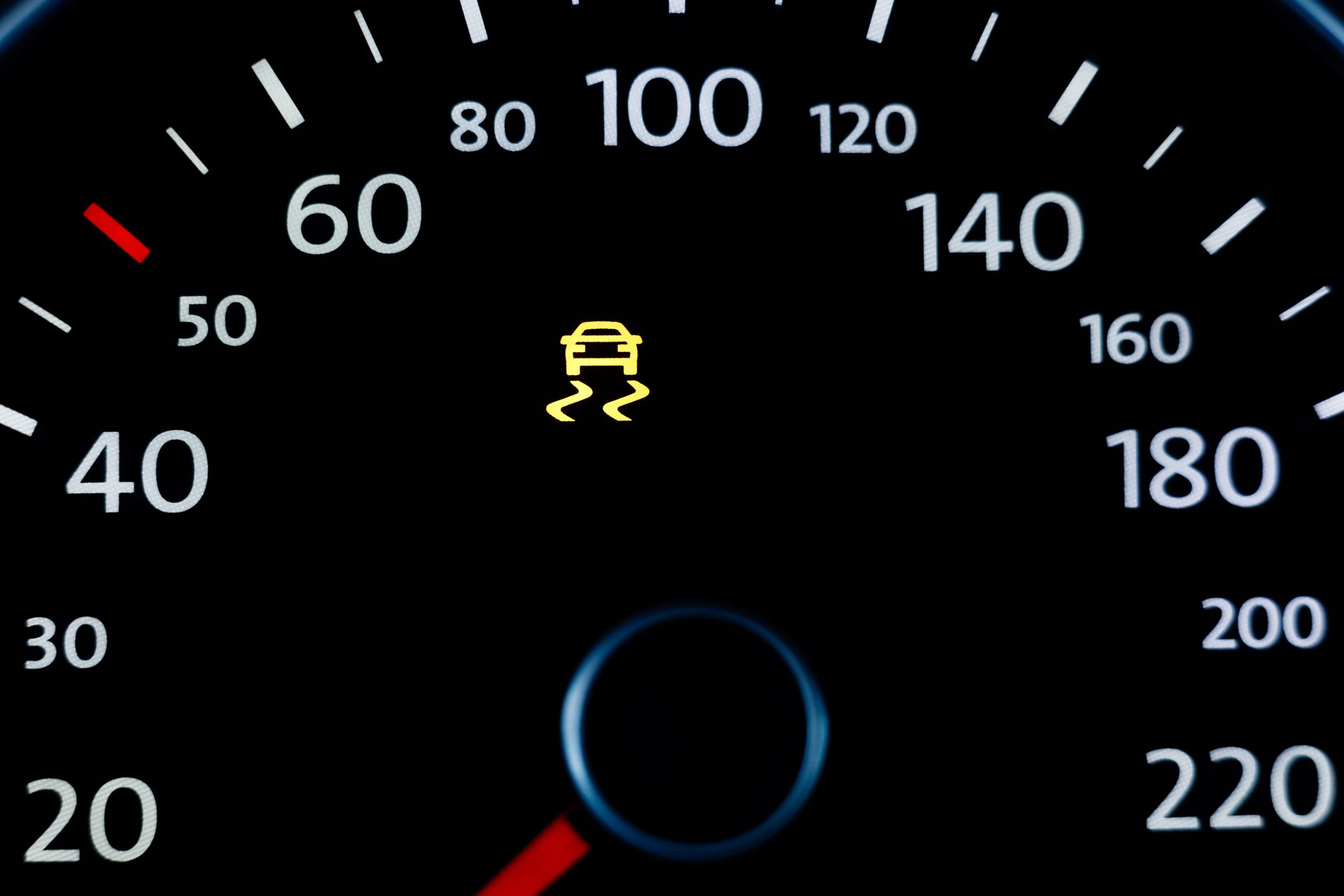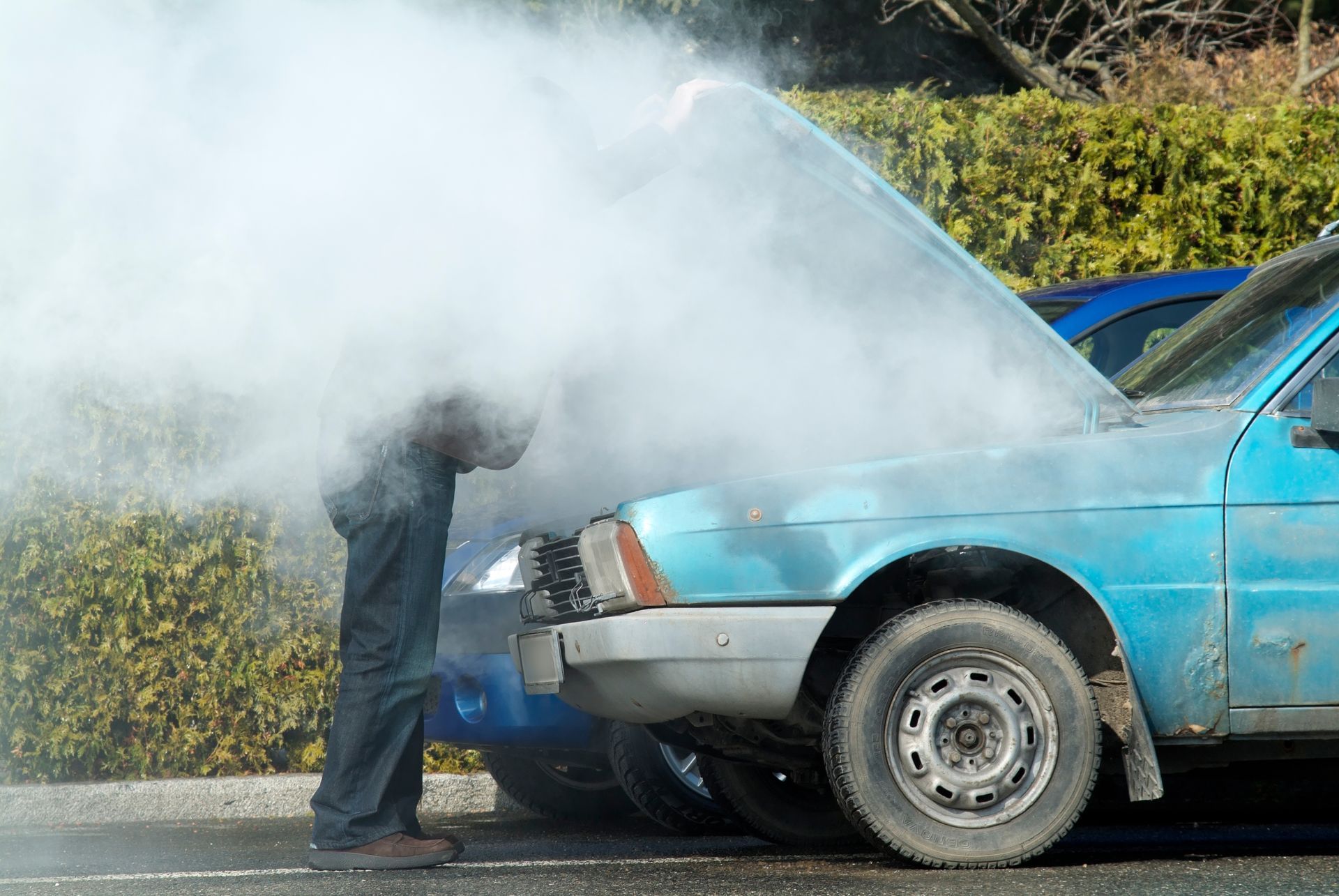The notion that more cylinders equate to greater engine power has long been a prevalent belief. Yet, beneath the surface of this widely held assumption lies a complex interplay of factors that demand a closer examination. Join us as we delve into the heart of this intriguing debate, empathizing with the curiosity it sparks and unraveling the nuanced relationship between cylinder count and engine power, ultimately demystifying this age-old belief.
Understanding Engine Displacement
While it's true that, in general, a higher cylinder count can lead to increased engine displacement, this alone does not necessarily guarantee a proportional increase in power. Engine displacement refers to the total volume of air and fuel that can be drawn into the engine during one complete cycle. While more cylinders can contribute to greater displacement, factors such as the efficiency of the engine's design, the combustion process, and the technology used also play pivotal roles in determining the overall power output.
Efficiency and Combustion Dynamics
The efficiency of the combustion process within the engine is a critical factor in determining the power output. Modern engine technologies, such as turbocharging and direct injection, have enabled smaller, more compact engines with fewer cylinders to deliver impressive power outputs while maintaining high levels of fuel efficiency. These advancements have revolutionized the automotive industry, challenging the conventional belief that more cylinders are always synonymous with greater power.
Balancing Weight and Performance
In the pursuit of optimal performance, automotive engineers are tasked with striking a delicate balance between engine power and overall weight. While a higher cylinder count can contribute to increased power, it can also add to the overall weight of the engine, potentially impacting the vehicle's agility and handling. Striking the perfect balance between power, weight, and handling dynamics remains a crucial consideration in the design and development of modern vehicles, challenging the notion that more cylinders invariably translate to superior engine performance.
Benefits of More Cylinders:
- Engines with more cylinders tend to produce higher power outputs, resulting in improved acceleration and better overall performance, especially in larger and high-performance vehicles.
- More cylinders can lead to smoother operation as they can provide more even power delivery, reducing vibration and improving the overall driving experience.
- Higher cylinder counts often translate to increased torque, particularly at lower RPMs, which can be beneficial for towing and hauling heavy loads.
- More cylinders can allow for better distribution of heat, leading to improved engine cooling and potentially increased longevity of the engine.
Disadvantages of More Cylinders:
- Engines with more cylinders tend to be heavier and larger, which can impact the overall weight and size of the vehicle, potentially leading to reduced fuel efficiency and handling agility.
- More cylinders generally require a more complex design and manufacturing process, leading to increased production costs, which can ultimately affect the overall cost of the vehicle.
- More cylinders can lead to increased friction and wear within the engine, potentially resulting in higher maintenance costs and more frequent repairs over time.
- In some cases, more cylinders can lead to increased fuel consumption, especially if the engine is not optimized for efficiency, which can impact the overall cost of ownership.
Benefits of Fewer Cylinders:
- Engines with fewer cylinders can often deliver better fuel efficiency, particularly when combined with advanced technologies such as turbocharging and direct injection.
- Engines with fewer cylinders are generally lighter and more compact, contributing to better handling and potentially improved overall vehicle dynamics.
- Engines with fewer cylinders can have simpler designs, leading to reduced complexity and potentially lower maintenance and repair costs over the lifespan of the vehicle.
Disadvantages of Fewer Cylinders:
- Engines with fewer cylinders may have lower power and torque outputs, which can impact overall performance, especially in larger or high-performance vehicles.
- Fewer cylinders may lead to increased engine vibration and a less smooth driving experience, particularly at higher RPMs.
- Vehicles with engines featuring fewer cylinders may have limitations when it comes to towing capacity and hauling heavier loads, impacting their suitability for certain tasks.
Whether a 4-cylinder or a big V8, your vehicle is always welcome at BG Automotive! Let us take care of your car, so you can have a smoother, more reliable driving experience.











